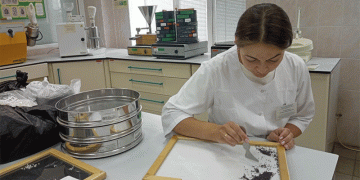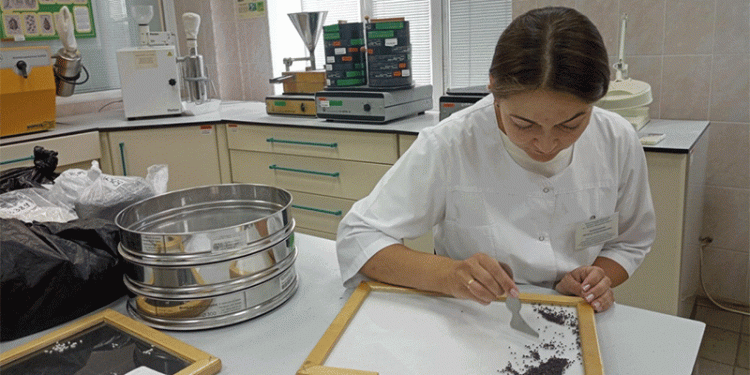The Ministry of Agriculture and Food of the Moscow Region recently conducted comprehensive laboratory tests on winter rapeseed samples from the Sergiyevo-Posadsky district. The analysis focused on two high-yield varieties: “ES Darko” and “ES Hydromel”, sourced from commercial batches totaling 2,000 metric tons destined for food production.
Key Testing Parameters & Results
✔ Heavy metals – Within safe limits (per GOST standards)
✔ Mycotoxins – Below detectable thresholds
✔ Radionuclides – No contamination found
✔ Pesticide residues – Compliant with Eurasian Union regulations
✔ GMO screening – 100% non-GMO verified
✔ Foreign matter – No traces of prohibited castor seeds (Ricinus communis)
✔ Organoleptic evaluation – Optimal color, aroma, and texture
Why This Matters for the Oilseed Industry
Winter rapeseed is a strategic crop for Russia, with global demand for vegetable oils projected to grow by 3.5% annually (FAO, 2025). The Moscow region’s adherence to strict safety protocols ensures:
✅ Export competitiveness (EU and Asia prioritize non-GMO, low-contaminant oilseeds)
✅ Higher market value – Clean rapeseed trades at a 5–7% premium
✅ Sustainable farming incentives – Reduced pesticide use aligns with eco-certifications
Technological & Agricultural Implications
- Precision Farming – Soil and crop monitoring minimize heavy metal uptake.
- Integrated Pest Management (IPM) – Low-residue pest control preserves quality.
- Post-Harvest Protocols – Proper drying/storage prevents mycotoxin formation.
A Model for Safe, Profitable Rapeseed Production
The Moscow region’s successful rapeseed tests highlight:
- Russia’s capacity to meet global food safety demands
- The economic potential of winter rapeseed as a high-value crop
- The need for continued investment in agricultural analytics
Farmers adopting similar testing and cultivation practices can secure premium buyers and stabilize yields in volatile markets.































